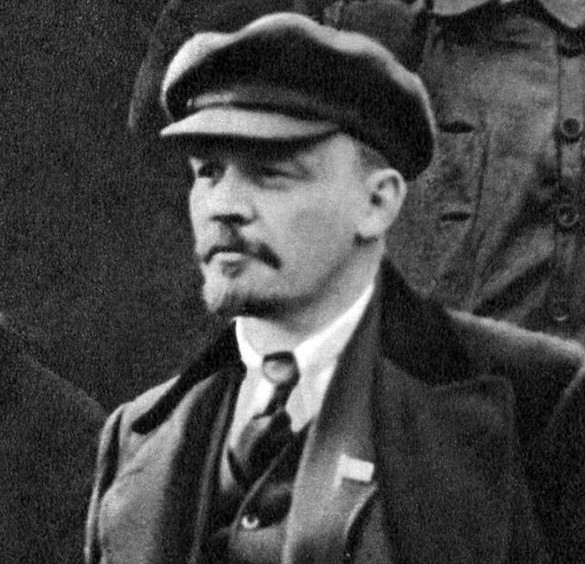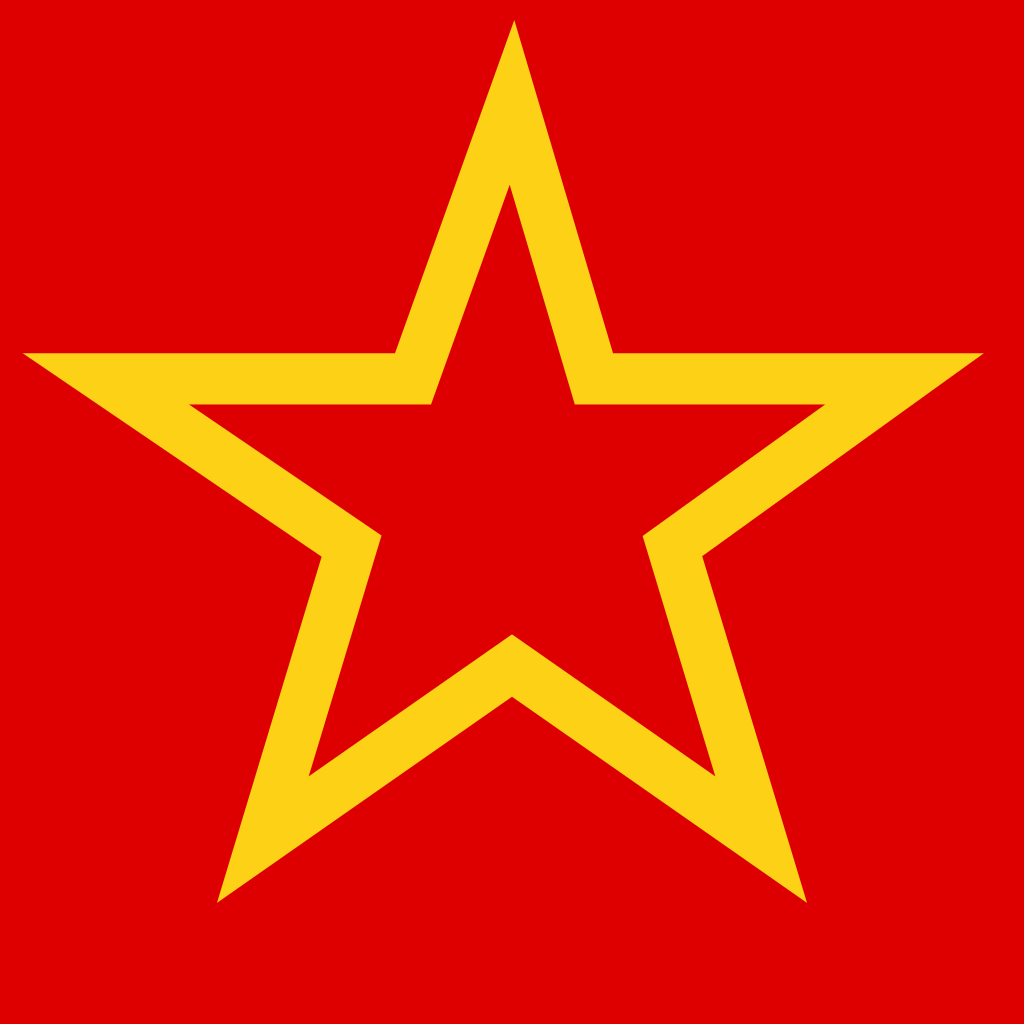

It’s impressive how every imperialist accusation is almost certainly a lie based on their own actions
Forward, comrade!
“The weapon of criticism cannot, of course, replace criticism of the weapon, material force must be overthrown by material force; but theory also becomes a material force as soon as it has gripped the masses.”


It’s impressive how every imperialist accusation is almost certainly a lie based on their own actions


Workers Party of Belgium
Your party seems very based, comrade, congratulations.


Absolutely, every “isolated” action is not isolated, what we share with people around us can be shared by people around them. In terms of the subjective conditions for a revolution, this is necessary, and natural even. After all, we are communists in our personal lives as well.
In terms of the objective conditions for a revolution, it all boils down to organization up until the organization is able to supersede the organization of the bourgeois state. So, for revolutionary praxis, there’s no other method.
I say this not condemning anyone for not organizing, there could be several reasons one chooses not to. I’m not organized in a party, for instance, after I broke with PCB in 2021. But I practice organization in parts of my life, such as on ProleWiki, basically only bureaucratically managing stuff. This does not count as revolutionary praxis, in my opinion, even, if there’s a revolutionary purpose.
I have a group with only three people, me, another commie and a left-leaning sympathizer. We created an informal WhatsApp group simply to discuss about these subjects. We are thinking about adding more people. If I’m able to convince the group to study Marxism together, and create a Marxist group, we could perhaps do interesting things in terms of revolutionary praxis, but we’re only engaging here and then, it’s nothing serious, so it’s not even close to that.
This is what I think in terms of revolutionary praxis. Organization is a survival tactic of working people, and we should not be restricted to currently existing parties, nor be afraid to form organizationо of our own to fight for certain immediate issues. This is the only and true revolutionary praxis, everything outside of this is a form of deviation.


Nice edit. Is this the best quality version of it?


There’s no praxis without organization when it comes to revolutionary praxis of the working class. So ideally what a single, isolated person can do is to join other single, isolated people and begin small, by organizing a Marxist study group, for instance.

Excellent post! I noticed a community I created didn’t have any posts, so I’m purging it


How strong and mobilized are the Unions there?


damn bro


Only question is whether the west will actually manage to incentivize the creation or movement of means of production to replace this tariffed production from China.
They won’t, unless they abandon the neoliberal model and allow the rate of profits to substantially decrease


Excellent, I prefer the current version! Great work


It was very interesting how you inverted the roles in the pro-Israel piece by New York Post, suddenly the piece began making much more sense
I don’t know how substack works, is there any way (in form, not content) to make it clearer the inversion of the article is based on the New York Post? Like italics, or a quote thing


Excellent work, comrade. Ping me the link here once it’s out, I’d love to read it!


Is she old? Old people are very stubborn and we shouldn’t expect to change their minds (expect is the keyword here, you can only find out trying)
By the description of your aunt, she is indeed very difficult to work with, and she does look like she needs professional help to deal with her emotional issues. Her odd political views is a second issue, the first one is her personality, attitude and behavior.
However, if she does not want to change, does not see how difficult she makes coexistence, then it’s no use. Save yourself, as best you can, and your siblings. Stick together and try your best to leave that place and leave that woman alone.


Who uses conservapedia as if it was a reliable source


I sing and I play guitar. Used to play French horn too, a long time ago
I usually play classical music on the acoustic guitar, but I’m still learning a few pieces


It was originally coined by a racist schizophrenic (Terry Davis), and adopted by a racist community (4chan), but the meaning itself is not racist.


You can democratically elect a party that will impose a 99% corporate profit tax rate.
Please, enlighten us and show where that was done. If it was never done, then no, you can’t.


I can just invest in shares&crypto and make my usual 5% per year
Can you really? Is it really a safe investment?


I think this is an opportunity to clarify what Marx meant with this, because the social perception on opium has changed since his times. Opium during Marx time was used in Europe to treat pain, as a potent analgesic. For instance, Marx himself was prescribed opium to treat his painful skin blisters and carbuncles which had no treatment at his time. The perception of opium has changed since the Opium Wars in China, where a large part of the population was addicted to it.
When Marx said religion was the opium of the masses, he meant not that religion made them lethargic and passive, but that it treated the symptoms, not the condition itself.
As far as I interpreted it, Marx criticizes religion as the illusory happiness of the people, but he is also criticizing the philosophers at his time for focusing on the criticism of religion, that is on the opium, instead of criticizing the worldly matters, that is the condition.
It is, therefore, the task of history, once the other-world of truth has vanished, to establish the truth of this world. It is the immediate task of philosophy, which is in the service of history, to unmask self-estrangement in its unholy forms once the holy form of human self-estrangement has been unmasked. Thus, the criticism of Heaven turns into the criticism of Earth, the criticism of religion into the criticism of law, and the criticism of theology into the criticism of politics.
It’s a small and good step towards open architectures, but it’s bound to be restricted to a few developers and enthusiasts… It can’t and it won’t ever compete in the current market on its own. The only reason why Chinese companies are able to compete in that market is because they receive a shit ton of state incentives